NEWS
19 Startling Reasons Why Moving to Texas Is Probably a Mistake
Published
9 months agoon

Shutterstock
Texas, with its scorching summers and severe weather, poses a challenging environment for its residents. The state is culturally rich and historically significant, but it also faces natural extremities and social issues that could deter potential newcomers. Every summer is an intense test of endurance due to relentless heat waves, while tornadoes can alter landscapes dramatically.
From vast stretches between cities to the strong political currents that influence its governance, Texas embodies a landscape of contrasts and complexities. Before settling in with a cowboy spirit, it’s important to consider the many aspects that might make Texas unsuitable for everyone. Here are 19 reasons to ponder over before moving to this iconic state.
Healthcare Access
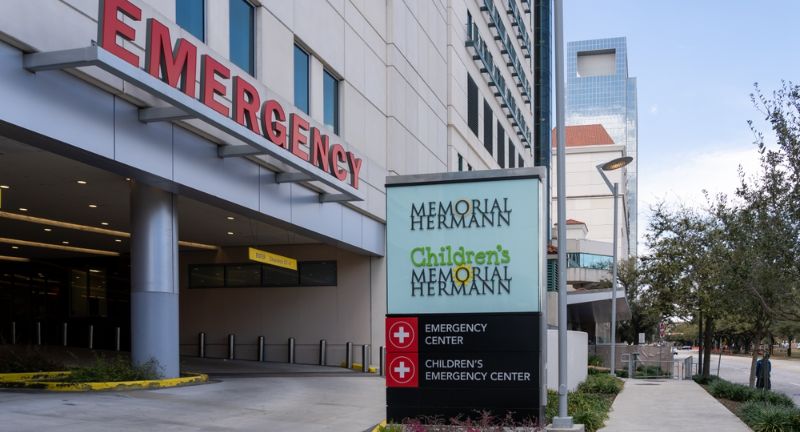
Shutterstock
In Texas, especially in rural areas, there is a notable scarcity of healthcare facilities, which can lead to prolonged travel times for medical appointments and a shortage of specialist services. This scenario poses challenges for individuals with chronic conditions or those in need of urgent care, emphasizing the importance of accessible healthcare.
Urban Sprawl
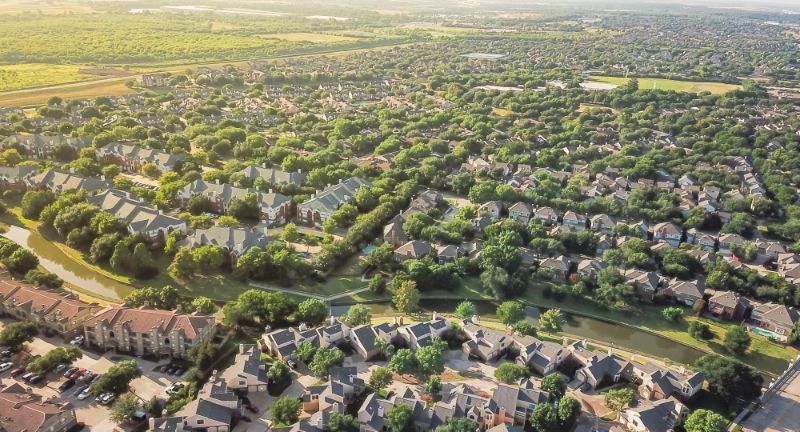
Shutterstock
The rapid expansion of Texas cities such as Houston and Dallas has led to widespread urban sprawl, engulfing natural landscapes and extending commute times significantly. This growth often disrupts community cohesion and detracts from residents’ quality of life, making urban planning a critical issue.
Cultural Homogeneity
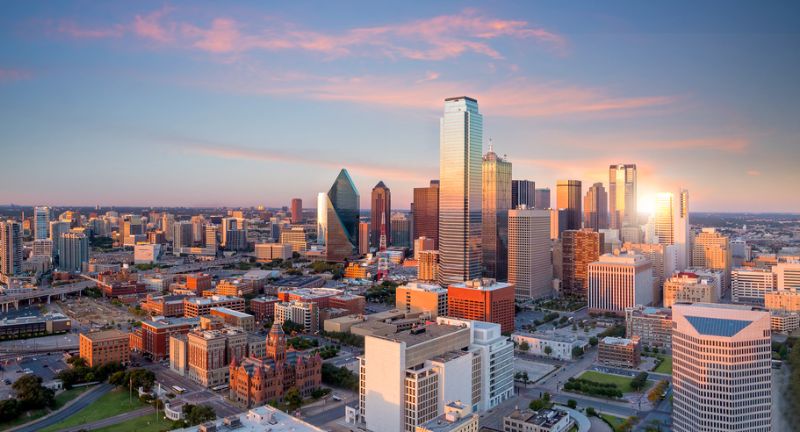
Shutterstock
In some parts of Texas, there is a lack of cultural diversity which may not appeal to those seeking a cosmopolitan lifestyle. This limitation affects various aspects of life, including the range of dining and cultural experiences available, impacting the overall dynamic of community interactions.
High Crime Rates in Certain Areas

Shutterstock
Some regions in Texas are afflicted with high crime rates, posing a serious concern for residents and potential movers. This situation impacts the quality of life and necessitates careful consideration and preparation when selecting a place to reside.
Regulatory Environment

Shutterstock
Texas is known for its deregulated market in sectors such as electricity, which can lead to complications like those seen in the 2021 power grid failure. This deregulation poses challenges for residents who depend on consistent and reliable services.
Invasive Species
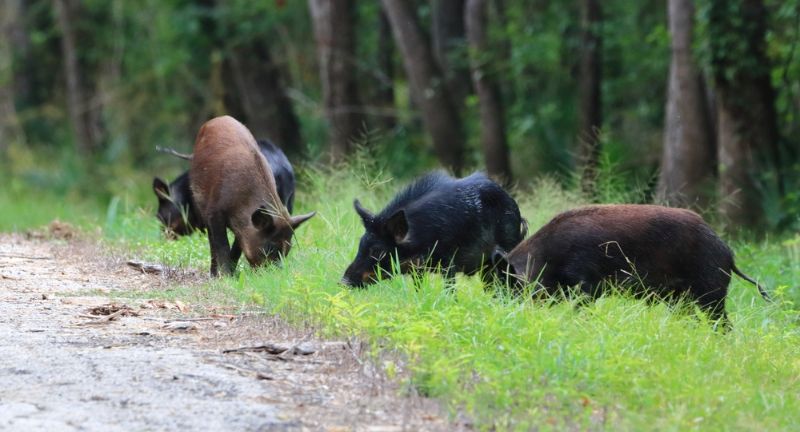
Shutterstock
Texas contends with invasive species such as the feral hog, which threaten local ecosystems and agriculture. Managing these pests requires substantial effort and resources, significantly impacting both rural and urban areas across the state.
Extreme Heat
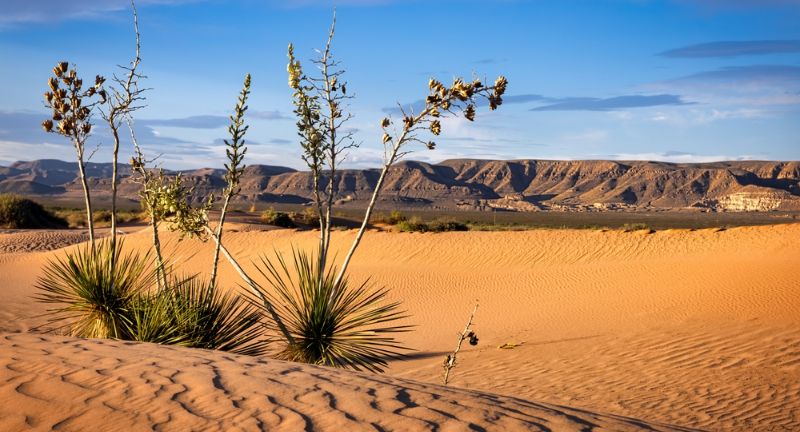
Shutterstock
Known for its oppressively hot summers, Texas often sees temperatures rise above 100 degrees Fahrenheit. Such extreme heat poses health risks, particularly to vulnerable populations like the elderly and those with pre-existing health conditions. In this climate, air conditioning becomes essential, not optional. Furthermore, the sweltering heat limits outdoor activities during peak summer months.
Tornadoes and Severe Weather
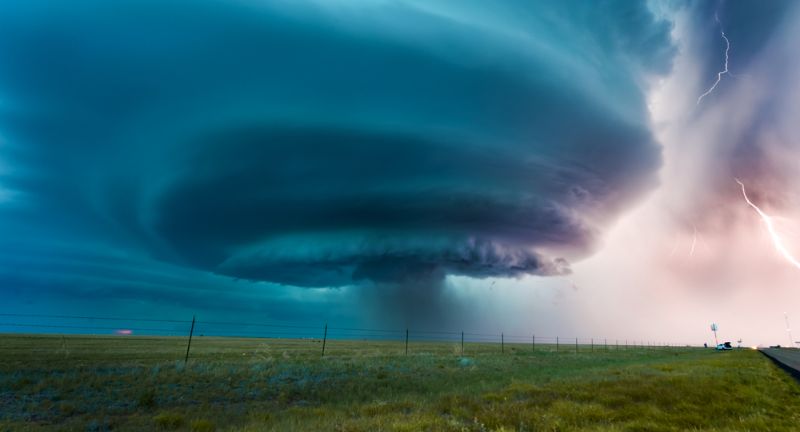
Shutterstock
Located in the notorious Tornado Alley, Texas is frequently hit by destructive tornadoes. Along with hurricanes and severe thunderstorms, these natural disasters can cause significant property damage and sometimes even loss of life. Consequently, residents must maintain strong insurance policies and have emergency plans in place.
Large Bugs and Wildlife

Shutterstock
Texas’s diverse ecosystem includes a range of large insects and wildlife, such as mosquitoes, cockroaches, and snakes. These creatures often make outdoor activities less enjoyable and can even become a nuisance indoors. Homeowners frequently find themselves investing in pest control services to manage these issues.
Allergies
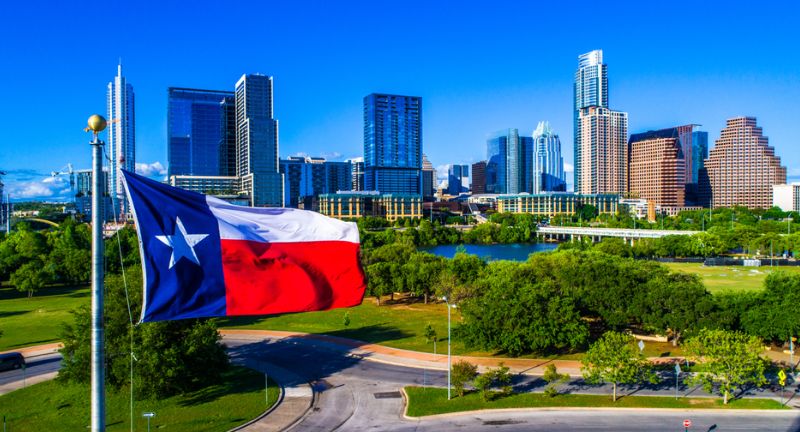
Shutterstock
In Texas, particularly Central Texas, high pollen counts can severely impact those with allergies. The infamous “cedar fever” causes significant discomfort annually, affecting the daily lives of many residents during peak allergy seasons.
Limited Seasonal Changes
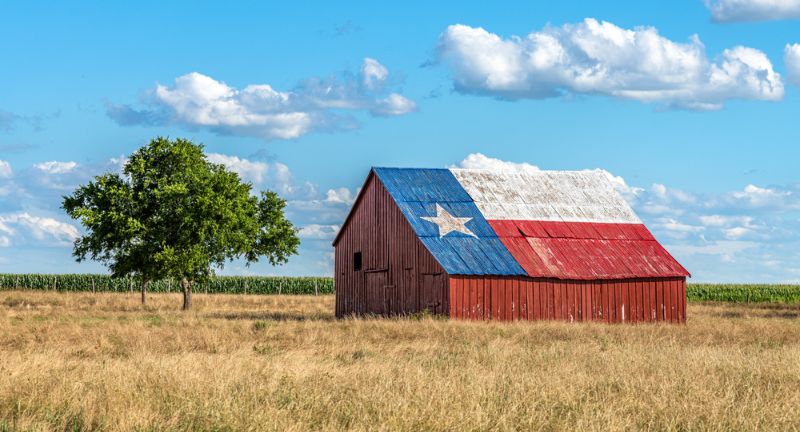
Shutterstock
Texas often disappoints those who appreciate distinct seasonal changes. The state’s predominantly warm climate means subtle seasonal transitions, particularly in the southern regions, with infrequent snowfalls and less noticeable autumn foliage compared to northern states.
Fluctuating Oil Economy
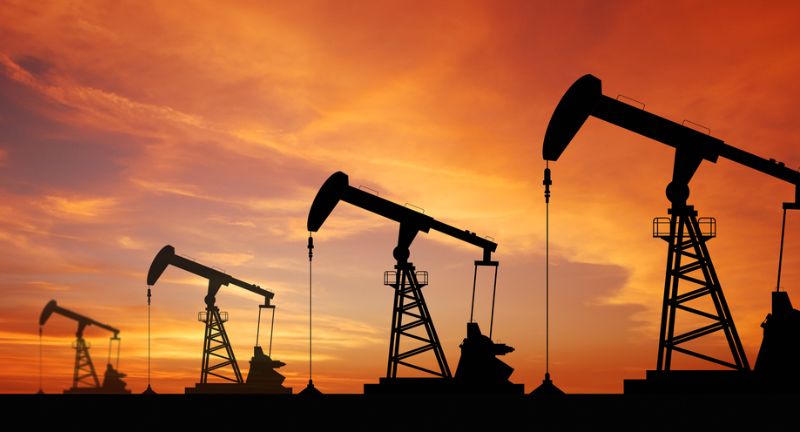
Shutterstock
The Texas economy, heavily reliant on the oil industry, experiences volatility due to fluctuating oil prices. This instability affects job security and public funding, posing challenges for residents who depend on the oil sector for their livelihoods. It necessitates a robust economic strategy to mitigate impacts on the community.
Risk of Flooding
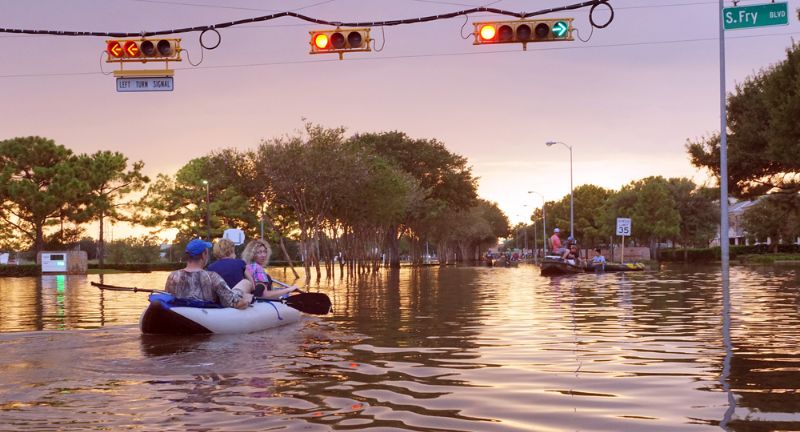
Shutterstock
Areas like Houston are particularly vulnerable to flooding, which frequently causes extensive property damage and disrupts daily life. The necessity for additional flood insurance and constant vigilance during the rainy season underscores the persistent threat of flooding in Texas.
High Property Taxes

Shutterstock
Despite the absence of a state income tax, Texas compensates with high property taxes, which can significantly raise the cost of homeownership. These taxes particularly impact retirees and individuals on fixed incomes, making it challenging to manage finances effectively.
Sparse Public Transportation
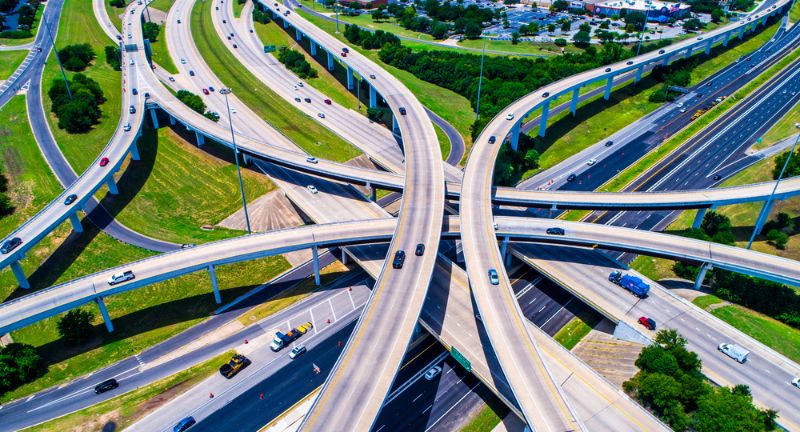
Shutterstock
With sprawling cities and a high dependency on cars, Texas offers limited public transportation options, especially in suburban and rural areas. This not only complicates life for non-drivers but also contributes to higher transportation costs and increased traffic congestion.
Water Scarcity

Shutterstock
Texas often faces severe droughts leading to water shortages, which results in usage restrictions. These limitations affect various sectors, including agriculture and personal activities like car washing and pool filling, further complicated by climate change and population growth.
Political Climate
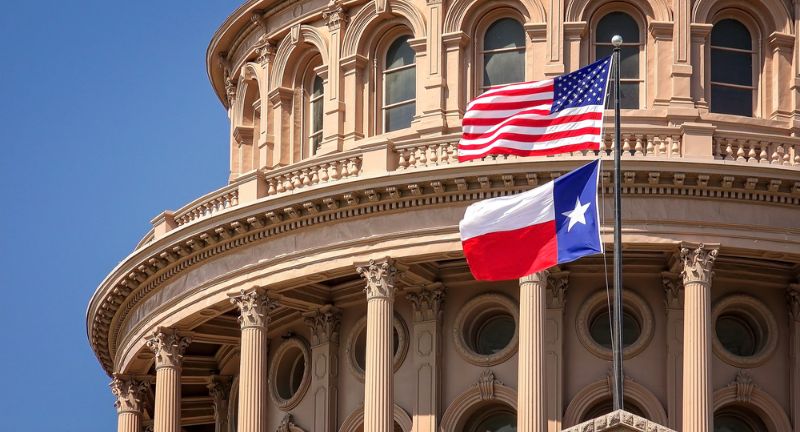
Shutterstock
The political landscape in Texas may not resonate with everyone, as it tends to lean conservatively. This can influence various aspects of life, from educational content to healthcare provisions, potentially deterring those with more progressive viewpoints.
Expansive Landscapes
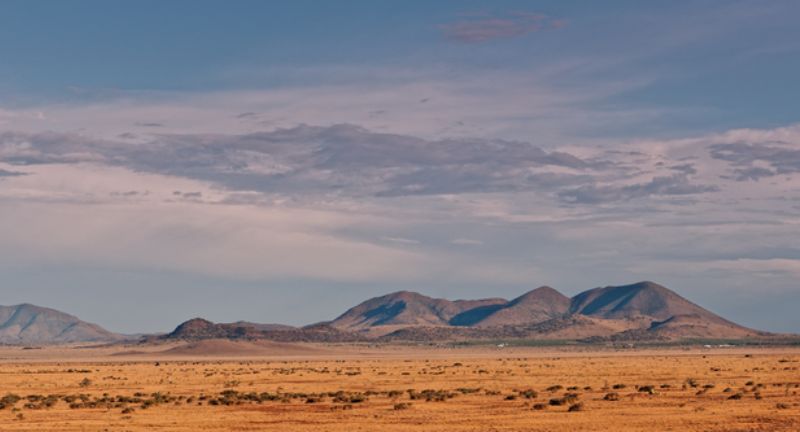
Shutterstock
Texas’s vast geography means extensive travel times between cities, posing challenges for those who prefer more condensed living spaces or faster access to urban amenities. This can impact day-to-day travel and overall convenience.
Challenging Education System
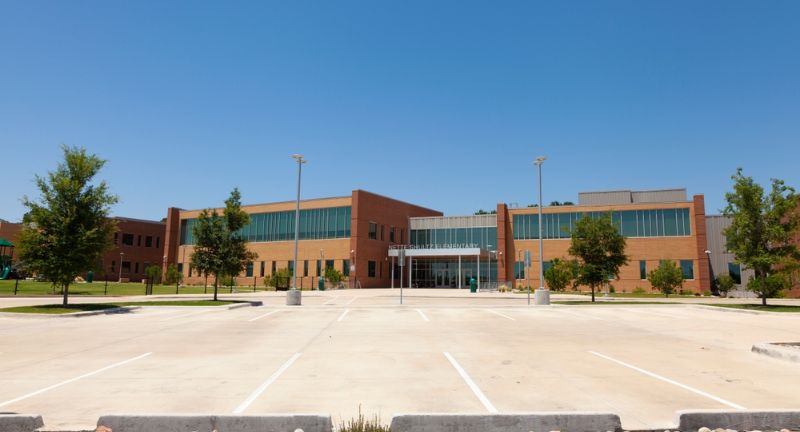
Shutterstock
The public education system in Texas faces numerous challenges, including inadequate funding, low teacher salaries, and varying levels of student performance. These issues can affect the educational quality and potentially hinder the developmental prospects of young learners.
Conclusion

Shutterstock
While Texas offers a rich cultural tapestry and diverse economic opportunities, it also presents significant challenges that may not be suitable for everyone. The state’s environmental extremes, limited public services, and distinct political and social dynamics require careful consideration. Making a home in Texas means accepting its benefits alongside its challenges, a decision that should be made with a thorough understanding of what life in Texas entails.
Related Topics:

More From Financially+
-
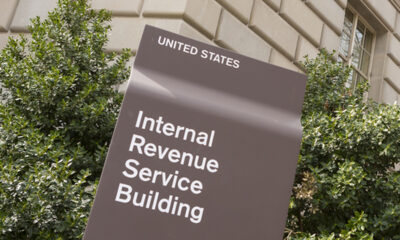

IRS Introduces New Direct Filing System, Challenging TurboTax’s Market Leadership
-


20 Savvy Tips to Keep Osteoporosis at Bay
-


California’s Squatting Crisis Escalates, Drawing Critical National Attention
-


23 Policies Democrats Would Relentlessly Enforce If They Had Unlimited…
-


21 Relationship Blunders Women Make That Drive Mature Men Away
-


25 Conversation Tricks to Help You Radiate Confidence
-


20 Email Phrases That Drive Everyone Crazy (and What to…
-


The Million-Dollar Myth: Retire Rich Without the Fortune
-


20 Beloved Baby Boomer Items Millennials Won’t Touch